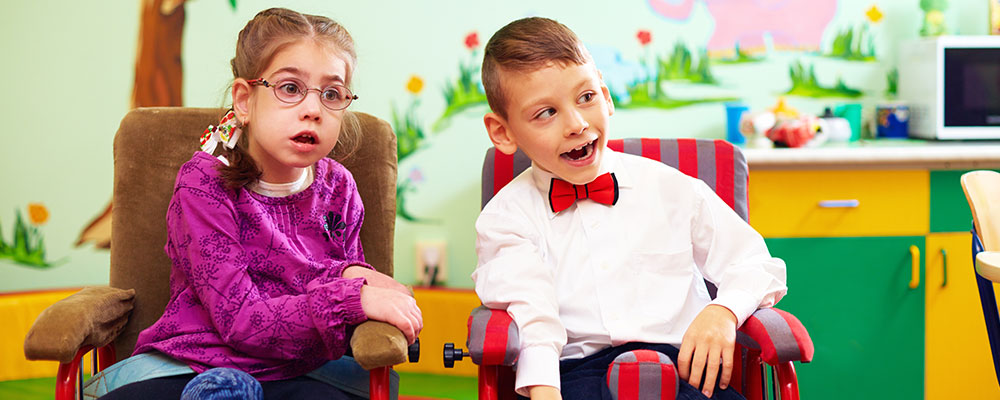Chicago, IL 60601
FREE CONSULTATIONS 312-462-4200
TOLL FREE 833-462-4200
Cerebral Palsy Frequently Asked Questions

Chicago Attorneys Answering Frequently Asked Questions About CP and Birth Injuries
What Causes Cerebral Palsy?
Cerebral palsy typically occurs because a child suffers a brain injury during pregnancy, birth, or within the first 28 days after being born. Brain injuries can be caused by asphyxia during birth, skull fractures or other forms of trauma, infections, pregnancy complications such a preeclampsia or placental abruption, or a variety of other factors.
Can Cerebral Palsy Be Passed From Parents to Children?
CP is not a genetic disorder or a communicable disease, and a parent with cerebral palsy will not pass the disorder to his or her child. However, certain types of health issues experienced by a pregnant mother, such as seizures or thyroid issues, can increase the risk of infant brain injuries that lead to cerebral palsy.
What Are the Most Common Types of Cerebral Palsy?
In around 70% of cases, patients experience spastic cerebral palsy, which involves hypertonia, or stiff and rigid muscles that cause a person to experience spastic movements. Other types of cerebral palsy include athetoid CP and ataxic CP.
How Can I Tell if My Child Has Cerebral Palsy?
While a cerebral palsy diagnosis is often not made until a child is between three and five years old, parents may recognize certain signs and symptoms that indicate that a child suffers from CP. These include a child being overly relaxed due to low muscle tone or stiffness in the limbs or body due to high muscle tone. A child may also experience muscle spasms, difficulty with balance and coordination, lack of proper reflexes, delays in significant milestones, or speech impairments.
Is Cerebral Palsy a Terminal Condition?
In most cases, CP is not life-threatening. However, complications related to the disorder can affect a person's overall health. For example, some patients may experience respiratory disorders, or difficulty swallowing may lead to malnutrition. In addition, the stress that CP places on the body can lead to problems with the muscles, joints, heart, bones, and circulatory system as a person ages, and this can lower a person's life expectancy.
Will a Child With Cerebral Palsy Have Mental Disabilities?
While many people with CP have normal intellectual capabilities, some experience mental impairment or intellectual disabilities. In addition, the vision, hearing, and speech impairments that are often associated with cerebral palsy can result in learning disabilities, and a child may require special education.
What Treatments Are Available for Cerebral Palsy?
While CP is not a curable condition, there are a variety of treatments that can help address the symptoms a person experiences and improve their quality of life. These include medications such as muscle relaxants or anticonvulsants; surgery to the muscles, tendons, ligaments, joints, bones, or nervous system; and ongoing physical, speech, and occupational therapy.
What Costs Are Involved in Treating Cerebral Palsy?
The cost of care a person with CP requires throughout their lifetime can be substantial. The expenses related to medical treatment, including medications, surgery, and physical therapy, are costly, and patients may also require assistive devices such as wheelchairs, surgical implants, feeding tubes, or respirators. A family may also experience a variety of indirect costs, such as income lost when a family member is unable to work or pursue education due to the need to provide care for a child. To address these expenses, there are a variety of financial assistance programs that are available to families of children with cerebral palsy.
What Are My Options When My Child Has Been Diagnosed With Cerebral Palsy?
Because the costs associated with treating CP and providing care for a child with this condition are so high, you will want to be sure to understand how to address your family's financial needs. At the Birth Injury Law Alliance, we can work with you to ensure that you receive financial help, and we can work with you to determine whether medical negligence was to blame for the injury that led to cerebral palsy. To arrange a free consultation and case evaluation, contact us by calling 312-462-4200.





